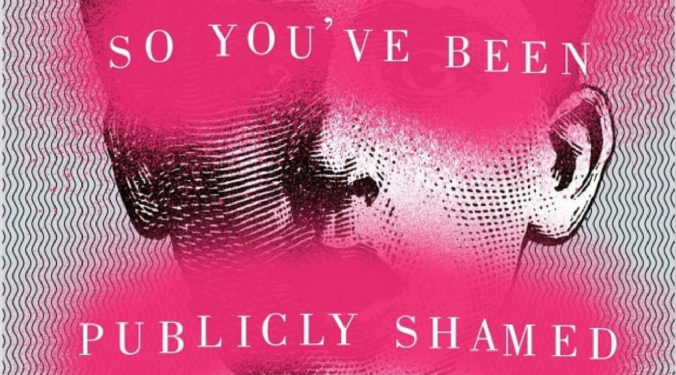When The Internet Gets You Fired
Increasingly, job loss is the price we pay for being wrong online

There was so much going on around the New Year that you would be forgiven for having missed the story of Holly Jones, a patron of the restaurant Kilroy’s, who complained in a Facebook post on Kilroy’s page that, despite having spent “$700+,” her NYE was “ruined” by “a junkie” who supposedly overdosed, died, and had to be wheeled away during the festivities. In fact, the unhappy Kilroy’s customer was not a junkie and had neither overdosed nor died but instead had suffered a heart attack.
Internet condemnation of Jones came as hot and fast as lava, and, you could argue, for good reason: she drew hasty, erroneous, mean-spirited conclusions in public, making herself out to be cold-hearted and mercenary. She has since also lost her job, as the salon where she had worked attempts to distance itself from her:
“We are saddened by the events that took place that evening and will continue to pray for the woman who suffered a heart attack at this establishment on New Year’s Eve,” the statement read. “This was not a company event and no other persons from Serenity Salon were present. This was the actions of one person and again do not reflect our views at Serenity Salon.”’
In this country, we are, most of us, Employees at Will, meaning that our bosses can choose to sever ties with us at their discretion for whatever reason they wish, or even for no reason at all. Unless we have a union or a contract to protect us, or unless we have grounds to argue discrimination, that’s the end of the story. We’re SOL.
Given that our jobs provide not only the salary but the benefits on which so many of us depend, getting laid off is more than an inconvenience; it can be devastating. It’s one of the Top 10 Most Stressful Life Events, up there with Death of a Spouse and Jail Term.
Holly Jones’s Facebook rant was ill-advised and churlish, even spiteful. She badly misread a situation and her presumptuousness merited some kind of smackdown. But now I have to feel bad for her, because her childish behavior on social media has nothing to do with how good she was at cutting hair.
Besides, the pressure to overpay for overhyped holidays like New Year’s Eve brings out the worst in everyone.
I can’t think of many people so vile they deserve to be stripped of their livelihoods. Not even that Harvard professor who bullied a Chinese takeout joint.
Well, Martin Shkreli, maybe. But that’s a high bar.
Should Internet mobs really be demanding what feels like justice by pressuring businesses to terminate whatever employee has the unfortunate distinction of being at the center of that day’s firestorm? Because increasingly that’s what’s happening: as Laura Hudson reported last year in WIRED, Internet shaming is costing people their jobs. She maintains that “a sense of proportion is crucial. These days, too many Internet shame campaigns dole out punishment that is too brutal for the crime.” (The blowback Hudson experienced as a result of that WIRED piece led her to write a further amplification on her Tumblr which is also worth reading.)
However satisfying it may feel in the moment to think that someone of whose actions you disapprove has been punished, is it right to agitate for people to not only be criticized but fired? Only if their misdeed is related somehow to their profession? Or only if you’re really, really offended by their Facebook post?
Support The Billfold
The Billfold continues to exist thanks to support from our readers. Help us continue to do our work by making a monthly pledge on Patreon or a one-time-only contribution through PayPal.
Comments